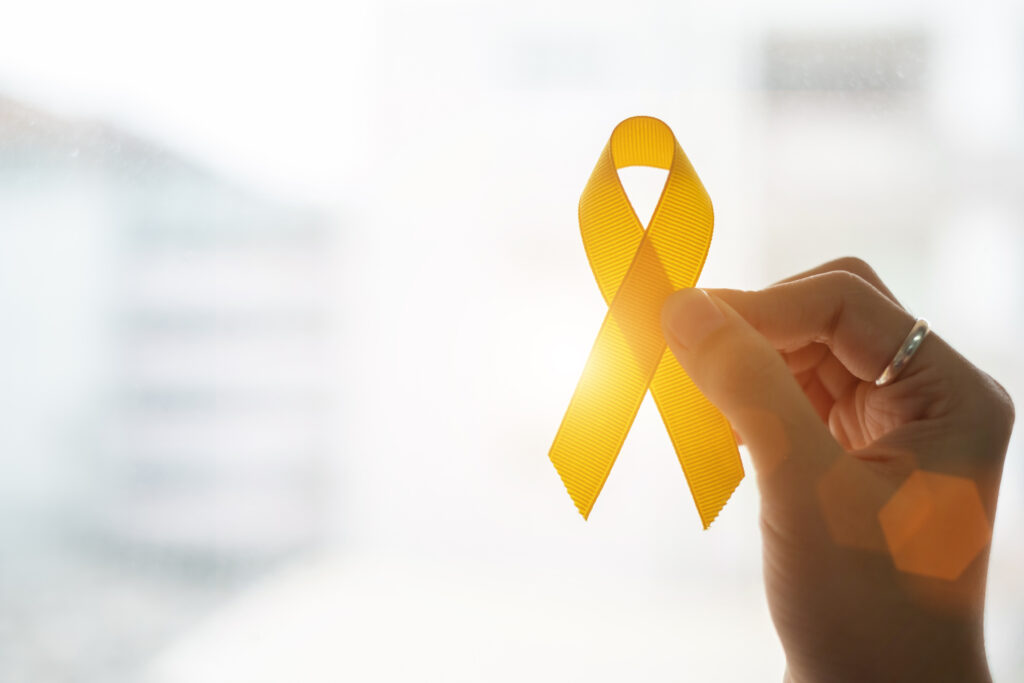Depression and suicide have been on the rise, up 33% from 1999 to 2017. One way to prevent suicide is by implementing a strong telephone nurse triage. We’ve seen firsthand how it can benefit patient callers considering self-harm by establishing a rapport and getting them timely medical assistance. We’ve even had instances where our own nurses have been thanked by suicide callers for being there to talk with them. Consider the following case study.
Caller Goes From Considering Self-Harm to Thanking Nurse
One of our nurses recently received a call from a distressed patient who admitted that they wanted to hurt themselves. She remained calm, listened to the patient, and encouraged them to provide the necessary background information she could use to help them. This included the caller’s physical address, as well as confirming if the caller had any weapons or pets – all points that were conveyed discreetly to a fellow nurse for contacting 911.
Our first nurse did an excellent job of keeping the caller focused and engaged by utilizing our extensive training. When emergency services arrived on the scene, the patient asked our nurse, “Did you call someone? Thank you. I love you.” In fact, the nurse’s ability to develop a rapport with the caller was so successful that the patient was actually laughing by the end of the interaction.
Suicide Rates
Some sources were surprised to see suicide rates remain stable (or even decrease) since the COVID-19 pandemic. However, that doesn’t negate how common suicide can still be for specific groups. As Medical News Today reports, it’s “the fourth-largest cause of death among 15- to 19-year-olds globally each year,” and those who are transgender are 7.6 times more likely to attempt it.
Healthcare providers are strongly encouraged to offer some form of nurse triage support that includes training on suicide prevention.
Prevent Suicide by Recognizing Warning Signs
According to Save.org, these are the most common warning signs of someone considering suicide:
- Looking for a way to kill oneself.
- Talking about feeling hopeless or having no purpose.
- Talking about feeling trapped or being in unbearable pain.
- Talking about being a burden to others.
- Increasing the use of alcohol or drugs.
- Acting anxious, agitated, or reckless.
- Sleeping too little or too much.
- Withdrawing or feeling isolated.
- Showing rage or talking about seeking revenge.
- Displaying extreme mood swings.
What Your Nurse Triage Can Do
Because triage nurses are trained on how to address callers they can’t see, they’re able to pick up on details like vocal inflection and patient behavior that can alert them to important mental health concerns. Nurses also understand how to use detailed questions to encourage patients to provide them with the information they need about their current conditions, medical histories, and any other relevant healthcare data.
Each suicide caller’s needs are different. Some may require emergency treatment, while others want someone to talk with about their struggles. Abuse (substance, physical, or emotional), finances, sexual identity, depression, and loneliness can all be contributing factors. It’s important that triage nurses take these into consideration as they navigate the uncertainty behind each call.
To prevent suicide, nurses often work in teams like those shown in the case study above: one engages the caller, while another notifies EMS and provides additional support. This is far more effective if you have a fully staffed nurse triage line with sufficient daytime and after-hours coverage to address these callers promptly.
Consider Nurse Triage On Call
If your practice doesn’t have the bandwidth to manage a high volume of calls in-house, consider the benefits of implementing Nurse Triage On Call. Our call center of registered nurses is available 24/7 to address the needs of your patients. They utilize Schmitt-Thompson protocols to evaluate patient symptoms, document all calls thoroughly, and share that information directly with your practice. Plus, they can incorporate any special instructions you have for managing these kinds of calls, or any specific custom orders you may have.
Want to learn more about how nurse triage can help both your patients and practice? Contact us today to discuss a program.
About TriageLogic
TriageLogic is a URAC-accredited, physician-led provider of top-quality nurse telehealth technology, remote patient monitoring, and medical call center solutions. Founded in 2007, the TriageLogic Group now serves more than 9,000 physicians and covers over 25 million lives nationwide.





